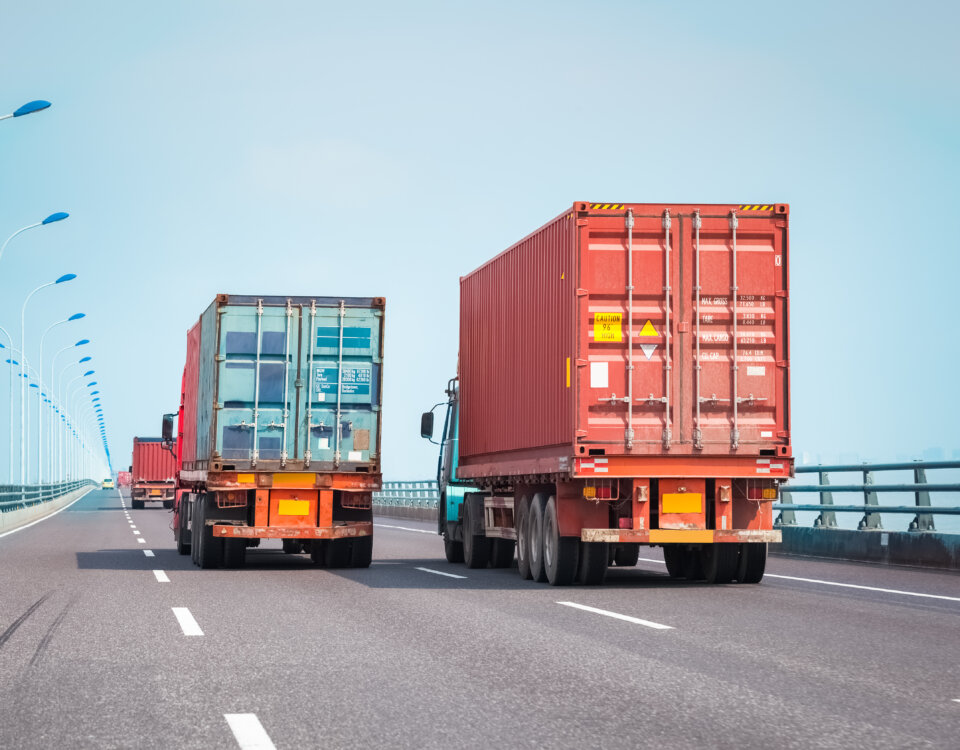Not every trucking accident claim in California needs to go to court. In some situations, mediation or arbitration can help resolve disputes faster and with less stress, while still achieving a fair outcome for victims.
Mediation vs. Arbitration: What’s the Difference?
- Mediation:
- A neutral mediator facilitates negotiation between both sides.
- Non-binding, parties can walk away if no agreement is reached.
- Encourages collaboration and creative solutions.
- Arbitration:
- A neutral arbitrator hears evidence and makes a binding decision.
- Less formal than court but typically final.
- Faster and often less expensive than a full trial.
When Mediation May Be a Good Option
- Disputed Damages but Clear Liability: Both sides agree on fault but differ on compensation.
- Desire for Privacy: Mediation avoids the public nature of court proceedings.
- Preserving Relationships: Useful when ongoing business or community ties exist between parties.
When Arbitration May Be Preferable
- Complex Claims: Arbitration can streamline cases involving multiple insurers or trucking companies.
- Time-Sensitive Situations: Arbitration is generally quicker than litigation.
- Contract Requirements: Some trucking companies have arbitration clauses in shipping agreements or employment contracts.
Benefits of Alternative Dispute Resolution
- Lower Costs: Legal fees and court expenses are reduced.
- Faster Resolution: Settlements can occur in weeks or months rather than years.
- Reduced Stress: Less adversarial than a courtroom battle.
- Control Over the Process: Parties have more input on selecting mediators or arbitrators.
Protecting Your Interests
- Hire Experienced Counsel: Even in mediation or arbitration, a skilled attorney ensures your rights are represented.
- Prepare Thoroughly: Bring all evidence such as photos, medical bills, and expert reports to support your case.
- Understand the Risks: Binding arbitration means you may have limited options to appeal.
Finding the Best Path Forward
Mediation and arbitration can be valuable tools for resolving trucking accident claims. By evaluating the specifics of your case and consulting with legal counsel, you can choose the approach that best protects your rights and delivers a fair outcome.
Note: These blog posts are created solely for the use of Hillstone Law. The information is gathered from internet research, publicly available sources, and artificial intelligence (AI) tools such as ChatGPT. While we aim to share helpful and educational content, Hillstone Law does not independently verify every detail. Some information may be incomplete, outdated, or subject to change without notice. If you believe any part of a post is inaccurate, misleading, or infringes upon copyright, please contact Hillstone Law immediately so we can review it and take appropriate action, including correction or removal.
Disclaimer: The material provided in these blogs is for general informational purposes only and should not be considered legal advice. Reading these posts does not create, and is not intended to create, an attorney-client relationship with Hillstone Law. Our intent is to share knowledge, raise awareness, and provide helpful resources to the public; however, Hillstone Law makes no warranties or guarantees about the accuracy, completeness, or reliability of the information provided, and expressly disclaims liability for any actions taken in reliance on it. The photos used in these posts are for illustrative purposes only and do not depict actual clients, individuals, or incidents unless expressly stated. If you or a loved one has been injured in an accident, please contact Hillstone Law at (855) 691-1691. Our attorneys are available to answer your legal questions and help you understand your rights.







